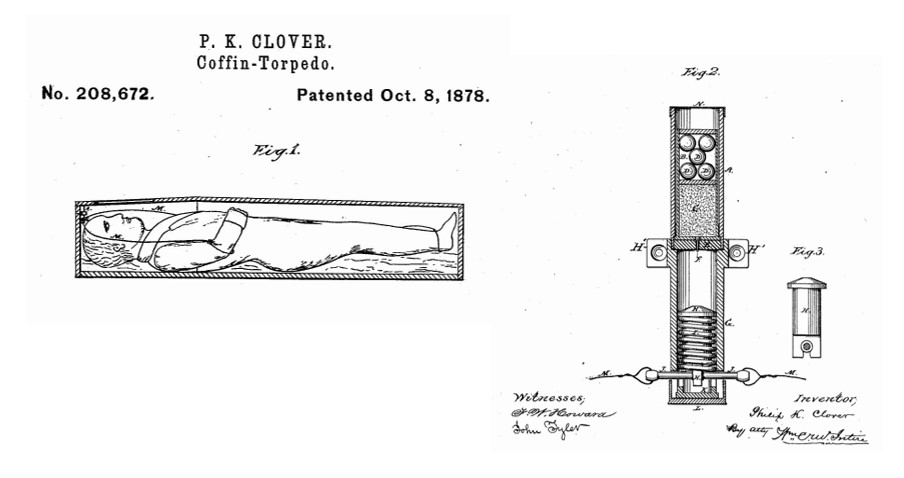While the Patent Office awards patents for inventions that are novel and non-obvious, the Patent Office doesn't judge if an invention is practical. If the goal is to monetize your patent either by licensing it to others or protecting a commercialized product or service then the practicality of the invention matters.
Test to see how practical your idea is before spending time and money trying to patent it.
One way you might test the practicality of your invention is to gauge how complex it is to implement with a weighted survey questionnaire. Questions and question-weighting for your company will likely vary but here is a starter list of 10 questions, a total of 100 points. Organize the questions as yes or no, true or false, and add the weighted values to each question based on the answer. In this example, 100 is the best score and would tend to correlate with a more practical solution that is less complex to implement.
- Yes=5 | Has the concept been tested with consumers?
- Yes=5 | Has there been a successful pilot?
- Yes=10 | From a patent infringement perspective, do you have the freedom to operate?
- Yes=15 | Is it legal under current laws in all geographies of market interest?
- No=15 | Is there a risk of injury to people, animals, property, or the environment?
- Yes=10 | Has all regulatory requirements been achieved and regulatory concerns been resolved?
- No=10 | Does it require significant capital investment or incur a high labor cost to produce?
- No=10 | Is inventory a high-cost burden, a long lead-time item, or is shipping or warehousing an undue cost or challenge?
- No=10 | Does it require a special factory or manufacturing process?
- No=10 | Does it require licenses, permits, skilled, or certified people to manufacture, distribute, sell, install, or service?
Let's try it out. Take, for example, the problem of grave robbing in the 1880s. A quick Google search reveals it was a real problem that entrepreneurs were trying to solve. Articles suggest, grave robbers were called "Resurrectionists" and targeted freshly dug graves with the motivations of supplying fresh cadavers to a growing number of medical schools where anatomy was a priority.
Entrepreneur Philip K. Clover was working on the challenge and in 1878 he was awarded Patent #208,672 for an improvement in coffin-torpedos. As he describes it "...a means which shall prevent the unauthorized resurrection of dead bodies...my invention consists of a peculiarly-constructed torpedo, adapted to be readily secured to the coffin...in a manner that any attempt to remove the body after burial will cause the discharge of the cartridge in the torpedo and injury or death of the desecrator of the grave."
The fact that he refers to this as an "improved" coffin-torpedo suggests there may have been others before him. That thought by itself is frightening. From a practicality test perspective, I am going to say maybe the concept was tested with consumers (+5), perhaps there was a pilot (+5), and the patent gives him the freedom to operate (+10). So maybe a score of 20/100 and I feel safe in saying with that low score that there is really no practicality in hooking torpedos to coffins with the intent of harm people.
The example does illustrate how you can quickly assess your idea or invention to gauge the practicality and the complexity to implement before making a big investment in trying to patent or commercialize a solution. An interesting twist is to answer the questions looking through the eyes of different partners or potential licensees. What might be hard and a low score for you might be an easy execution for a larger company. That insight might sway you into patenting and licensing instead of trying to commercialize it yourself.
Ways we can help you:
-
-
- Drafting, filing, and prosecuting patent applications
- Embedding with innovation teams to harvest, refine, and protect ideas
- Identifying patentable ideas within startup technologies
- Landscaping markets to identify new opportunities
- Developing patent strategies for products and startup
- Managing the patent creation process from concept to product launch
- Searching ideas for prior art patents
- Reviewing prior art patents with product development teams
- Building IP for VC/PE portfolio companies
-
Learn more at www.Gr8BigIdeas.com
#patents #patentengineering #startups #entrepreneurs #breakthrough #intellectualproperty #corporateinnovation #innovation


